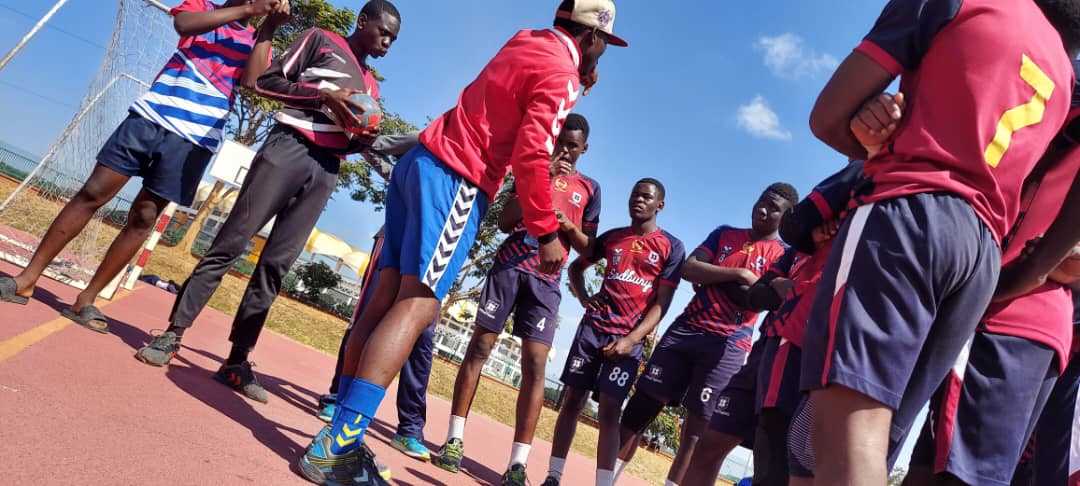
Patience Muchemwa
Senior Reporter
For many, youth athletes are seen as disciplined, talented individuals who balance school and sport with ease, appearing invincible on the field, court, or track. However, beneath the surface lies a much deeper narrative—one filled with personal struggles, mental and physical sacrifices, and the constant push to keep their passion for sports alive while managing everyday challenges. Whether it's missing out on social events, grappling with financial constraints, or dealing with the immense pressure to perform, these athletes live complex lives far removed from the glory seen by spectators.
Tinotenda Nhira, a basketball player from Malawi, captures the essence of this experience when he shares how surrounding himself with like-minded peers helps him stay focused despite diverging paths from friends. Gerren Muwishi, a 400m sprinter, echoes the sentiment, noting the mental and financial strain that comes with being an athlete, and the importance of having a strong support system. Through these personal accounts, it becomes clear that being a young athlete involves much more than just competition—it's a journey of resilience, self-discovery, and perseverance.
This article delves into the hidden lives of these youth athletes, exploring the unseen battles they face, the lessons they've learned, and how they’re shaping their futures beyond just the sport.
The Pressures of Balancing Life, Academics, and Sports
One of the most significant challenges young athletes face is the difficulty of balancing their training schedules, academics, and personal lives. While peers are free to socialize and enjoy their youth, athletes must often sacrifice those experiences for the sake of their sporting dreams.
For Tinotenda Nhira, the biggest struggle has been "maintaining focus amidst diverging goals with friends." The temptation to attend social gatherings and spend time with friends is ever-present, but he copes by "surrounding myself with like-minded individuals who share my passion and goals." Tinotenda recognizes that this supportive network is essential in helping him stay grounded and focused on his long-term aspirations.
Similarly, Ian Gono, a handball player based in the U.K, expressed how the demands of sports often limit his social life. "Getting to have a social life outside handball was the biggest challenge," he explains. Training sessions, camps, and competitions consume most of his time, leaving little room for anything else. "I would get home around 7 p.m. every day, and all I would want to do is just rest." Despite the loneliness this sometimes brought, Ian now sees it as a "blessing in disguise" because it shielded him from the negative influences many of his peers faced.
A 20-year-old, Tadiwa Magwaza, a squash player, points to the constant pressure of peer judgment. "Sometimes you will be judged by your peers... a party might be going on, but you can't go because you have to attend your training session or matches," he says. To handle this, Tadiwa decided to surround himself with new friends who understood the commitment required by sports.
Mitchell Masawi, a handball player, took a more entrepreneurial approach to balancing her personal life and athletic training. "The biggest challenge I face as a young athlete is I go for training, but at the same time I want to handle my personal life. So, I said to myself, I can do this," she shares. To manage both, Mitchell began selling freezits and mawuyu during her training sessions, turning her sporting environment into a business opportunity. "I saw that this would be my time to do both, rather than go for training and come back wanting to sell my stuff. Now my clients are more in sports than at home, so I'm managing, but not that much."
The Importance of Family and Support Systems
The role of a strong support system cannot be overstated when it comes to youth athletes. Families, coaches, and friends provide the encouragement needed to keep these athletes going, even when they face financial or emotional challenges.
For Tinotenda, the emotional and financial support of his family has been pivotal. He recalls a specific moment when his mother "sacrificed her cash for my transportation to training." That act of selflessness stands out as a testament to the sacrifices families make behind the scenes. His coaches, too, provide essential technical guidance and mentorship, while friends "keep me grounded."
Gerren Muwishi highlights the crucial role of family and friends, calling them his "lifeline mentally, spiritually, and financially." He reflects on moments when his support system helped him stay on course, especially during times of disappointment. "I've had a lot of disappointments in the sport where I felt I had enough, but I can safely say my friends and family were very encouraging in helping me stay the course."
Ian Gono shares a similar story, emphasizing how his mother’s unwavering support has been a driving force in his journey. "It took my mother a long time to understand my passion for sports, but when she finally did, she transferred me to Churchill Boys High, which made all the difference." That move, along with funding for international tours, allowed Ian to fully commit to handball, changing the trajectory of his athletic career.
Related Stories
Shaping Identity Through Sports
Being an athlete goes beyond competition. For many young athletes, their sport shapes their identity and molds them into the people they become. This transformative process instills values like discipline, resilience, and teamwork—qualities that extend far beyond the sporting arena.
"Being an athlete has taught me discipline, teamwork, and resilience," Tinotenda says. For him, these lessons have shaped not only his approach to basketball but his outlook on life. His future aspirations go beyond just competing; he hopes to inspire the next generation through coaching, mentoring, and giving back to his community.
Gerren reflects on how his journey as an athlete has opened doors he never imagined. "People are inspired by your journey, and I’m grateful for that," he notes, suggesting that there is more to come from his career. For Gerren, sports have provided a platform that extends beyond the track, hinting at ambitions that include making a lasting impact off the field.
Ian has a similar perspective, attributing much of his personal growth to his experience in handball. "I am the man I am right now because of handball," he says. For Ian, the sport has instilled values of punctuality, teamwork, and supportiveness, which have become cornerstones of his character.
The Importance of Mental Health and Resilience
A recurring theme among these athletes is the importance of mental health and resilience. The mental strain of performing, dealing with failure, and maintaining focus can take a toll, making it essential for young athletes to prioritize their mental well-being.
Gerren is candid about the emotional toll of athletics, describing how a single bad race can affect not only his performance but his personal life as well. "A bad race can always have you off mentally in your personal life, so there needs to be balance." His advice to other young athletes is simple yet powerful: "Talk to someone. Be it family, friends, or someone you’re close to. Talking about it makes it better."
Tinotenda also emphasizes the importance of mental health. Through sports, he has learned to recognize signs of burnout and manage stress through self-care. His advice to fellow athletes is to "prioritize mental health, engage in self-development outside sports, and focus on progress, not perfection." For Tinotenda, setbacks are not failures but opportunities for growth.
Ian offers a similar reflection, advising young athletes to "keep your head high, no matter how bad you’ve messed up." He stresses the importance of living in the present and not dwelling on the past, as this can lead to anxiety and depression. His message is clear: "A bit of resilience can do you good both on and off the court."
The Coach’s Perspective: A Call for Support
Innocent Kanosvova, head coach of the Senior Men’s National Handball Team, adds a critical perspective on the systemic challenges that young athletes face. According to Kanosvova, "The major challenge that athletes face is that sport is being taken for leisure, yet sport is business." Due to financial difficulties, many young athletes are forced to prioritize work over training. "Some parents believe that a child has to do all the work before going for training, so they’re not getting the support they must have."
Kanosvova emphasizes that athletes can reach their full potential only if they receive sufficient support from parents, schools, coaches, and the government. He calls for more investment in grassroots development through academy clubs, which can nurture talent from a young age and provide a clear path for athletes to pursue sports as a career. "If athletes get enough support, they can go somewhere," Kanosvova insists, stressing the importance of creating structures that enable young talent to thrive.
Conclusion: More Than Just Athletes
The lives of youth athletes are far more complex than what the public often sees. Beyond the victories and medals lies a world of sacrifice, personal growth, and immense pressure. These athletes are not just defined by their performance on the field but by their resilience, their ability to balance life’s demands, and their unwavering pursuit of their passions.
As Tinotenda, Gerren, Ian, Tadiwa, Mitchell, and Coach Kanosvova show us, the journey of a youth athlete is one of both challenge and triumph. Their stories remind us that behind every great athlete is a human being—one who navigates the highs and lows with the help of their community and who carries the lessons of sports into every aspect of their lives.

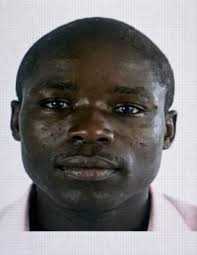









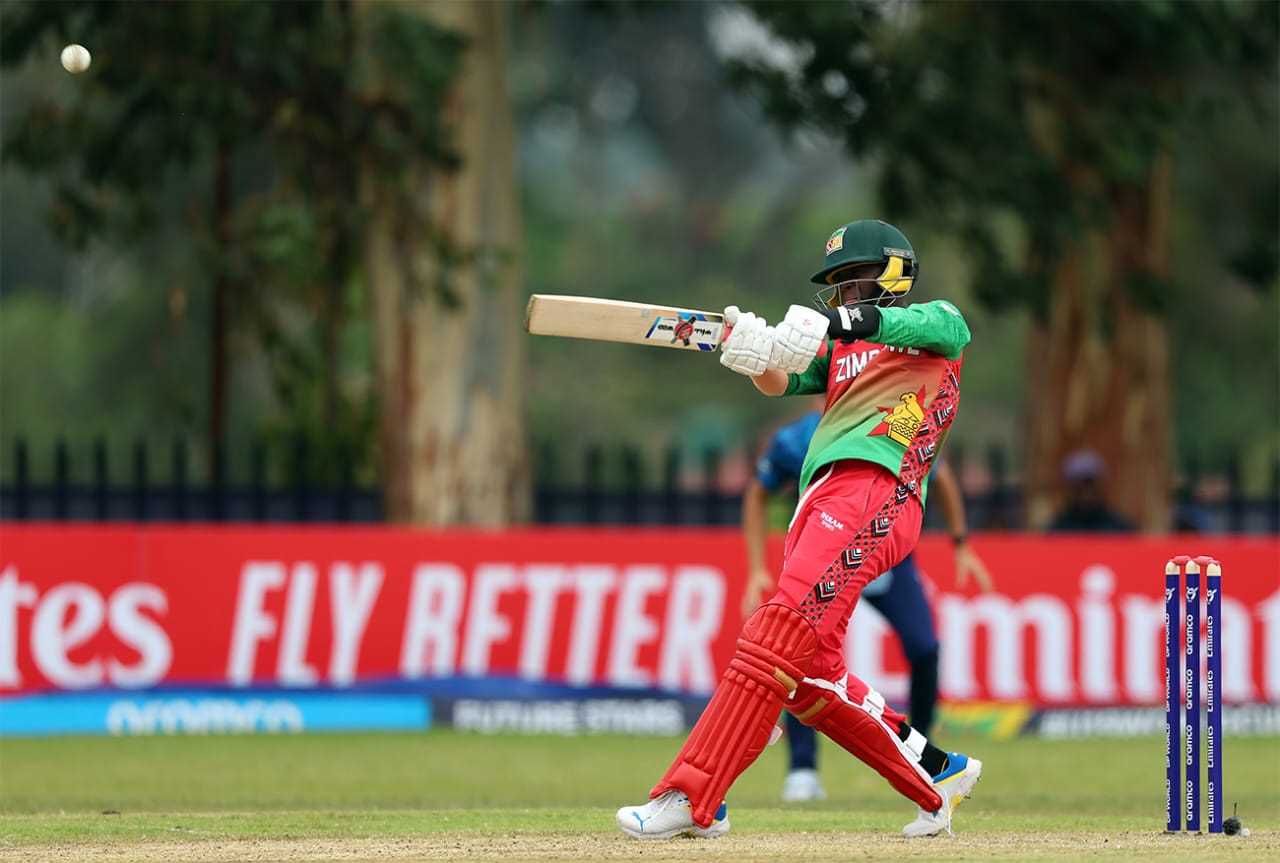


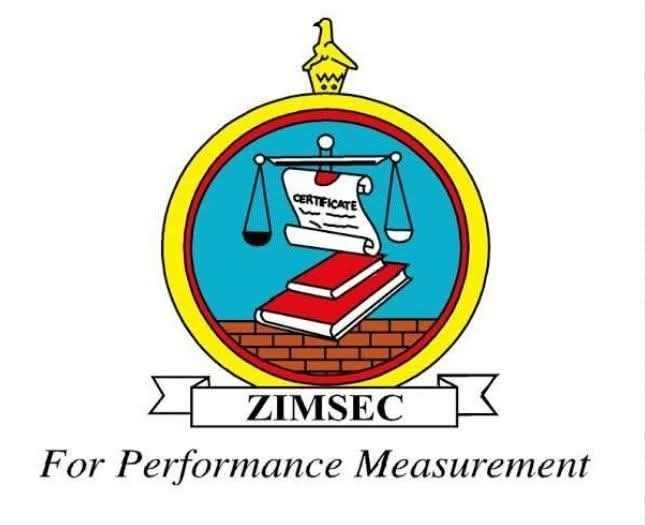
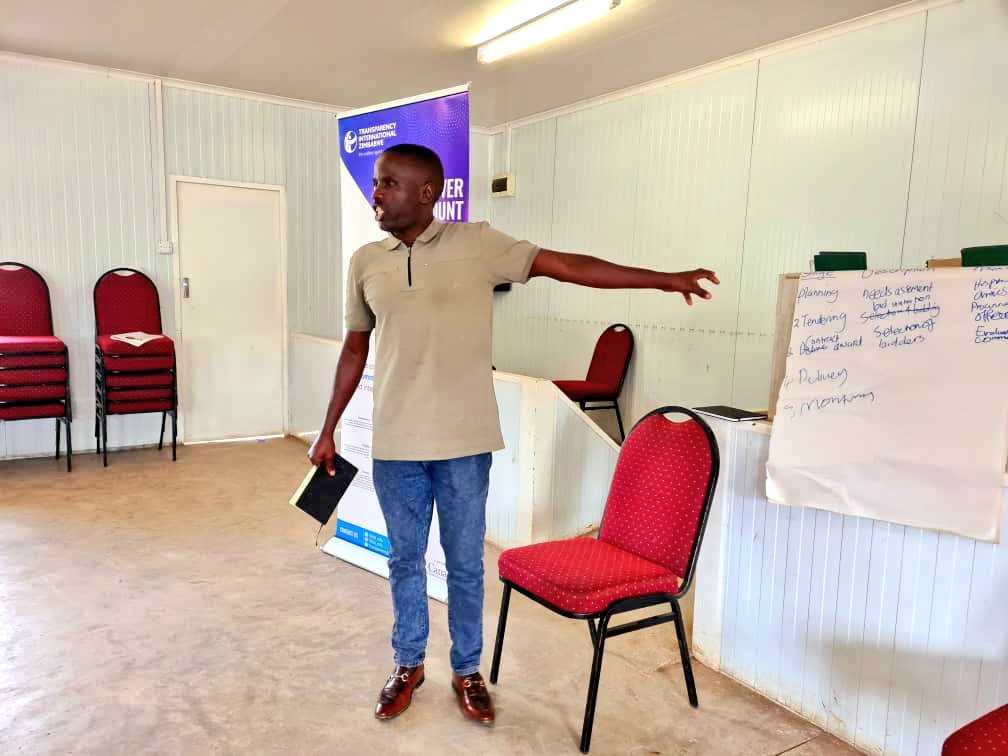



Leave Comments